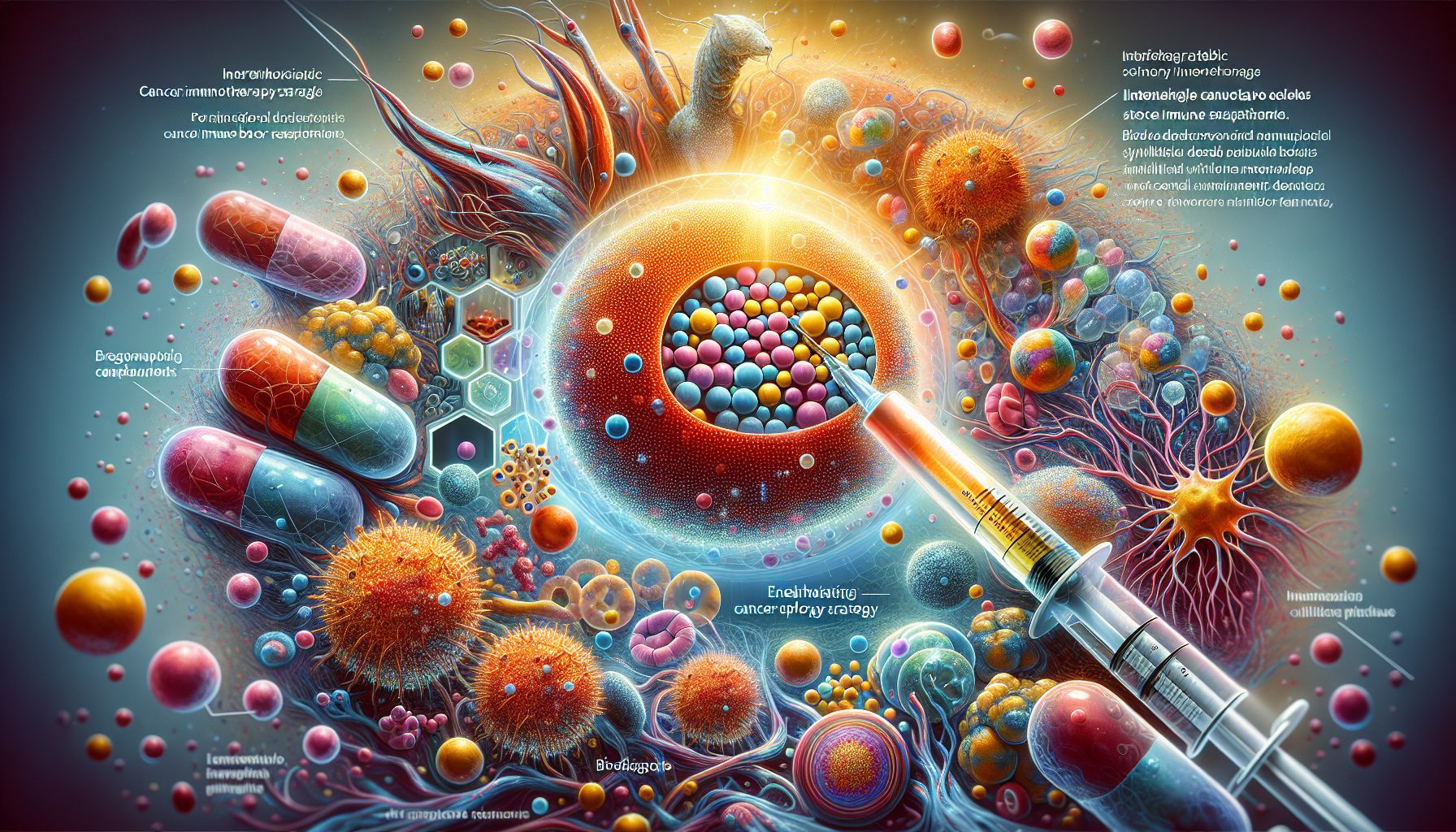Breakthrough in Cancer Immunotherapy: Spleen-Targeting Nanoparticles Show Promise

Eindhoven, Thursday, 8 August 2024.
International researchers develop biodegradable nanoparticles that activate white blood cells in the spleen, potentially revolutionizing cancer treatment. This targeted approach aims to enhance immune response while minimizing side effects, offering hope for safer and more effective cancer therapies in the future.
Introduction to the Innovation
The latest advancements in cancer immunotherapy focus on a novel approach that targets the white blood cells in the spleen using biodegradable nanoparticles. Developed through a collaboration of over thirty scientists from around the globe, this innovative method promises to significantly enhance cancer treatment efficacy while reducing adverse side effects.
How Nanoparticles Work in Cancer Therapy
The research, spearheaded by Professors Jan van Hest and Willem Mulder at Eindhoven University of Technology (TU/e) and Radboud UMC, revolves around the use of polymersomes—nanoparticles made from biodegradable polymers. These spherical nanoparticles accumulate in the spleen, where they are taken up by specialized white blood cells. Once inside these cells, the nanoparticles release cancer drugs, activating the immune response to target and eliminate tumor cells.
Benefits of Targeted Immunotherapy
Traditional immunotherapy methods, while effective, often come with significant side effects due to the broad activation of the immune system. By focusing on white blood cells in the spleen, this new approach aims to stimulate the immune system precisely where it is most needed, minimizing the risk of overactivation and associated complications. This precise targeting could lead to safer, more effective treatments for cancer patients.
International Collaboration and Expertise
The success of this research is a testament to the power of international collaboration. With contributions from over thirty scientists, each bringing their specialized knowledge to the table, the project exemplifies how combining expertise can lead to groundbreaking advancements. Willem Mulder highlighted the comprehensive understanding of the mechanism of action of these nanoparticles in vivo, underscoring the meticulous research and detailed categorization of polymersome variants for their efficacy.
Future Prospects and Development
While the current results are promising, the next step involves further developing this targeted immunotherapy into a viable treatment method for cancer. Although this work is still in its early stages, the researchers are optimistic that within the next two decades, their efforts could lead to a new generation of cancer medications. These future treatments are expected to be more effective and safer, offering better outcomes for patients globally.

